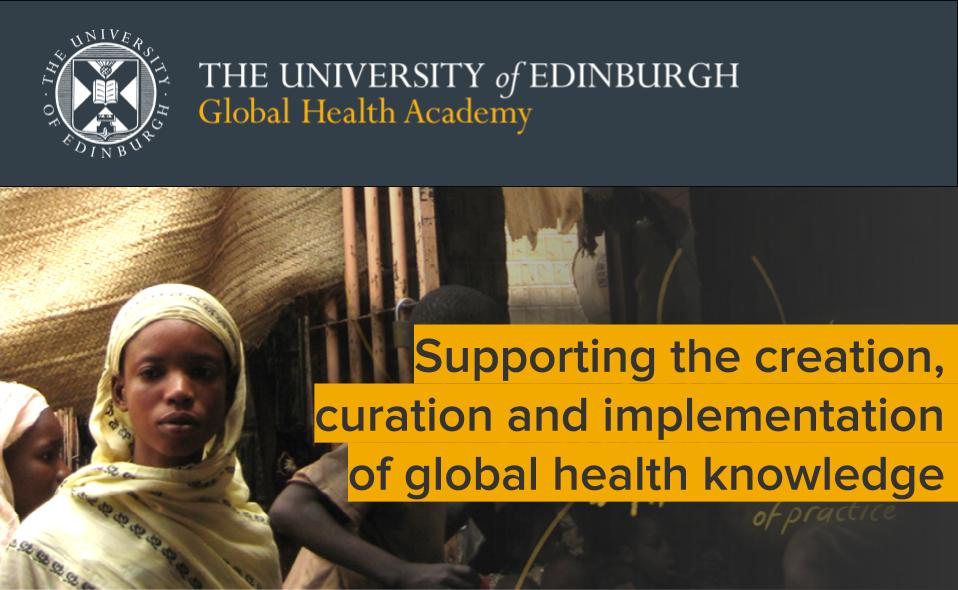mHealth and User Centered Design in low resource settings
Walk into almost any corner store in India, Pakistan, Zambia, Mexico, or Tanzania and you will find cell-phone top-up cards for sale. Corner stores and markets and even street vendors understand that mobile phones mean business. There are now more than six billion wireless subscribers in the world, and more than 70% of them reside in low- and middle-income countries. The Global System for Mobile Communications Association (GSMA) reports commercial wireless signals cover more than 85% of the world’s population, extending far beyond the reach of the electrical grid.
As global health NGOs join governments, health care, and donors begin to build the foundations for a cancer control strategy in places such as sub-Saharan Africa, we need to incorporate mobile health strategies and monitoring mechanisms to unleash the potential of those six billion mobile users to further awareness, advocacy, and behavior change goals.
A 2011 WHO report on mHealth states: “The use of mobile and wireless technologies to support the achievement of health objectives (mHealth) has the potential to transform the face of health service delivery across the globe. A powerful combination of factors is driving this change. These include rapid advances in mobile technologies and applications, a rise in new opportunities for the integration of mobile health into existing eHealth services, and the continued growth in coverage of mobile cellular networks.” If we intend to
improve access to cancer control strategies known to be effective such as HPV and Hepatitis B vaccines, and cervical cancer screening, into our global mission to fight cancer in low and middle income countries then the use of mHealth will certainly form part of the tools to accomplish those goals.
Most patients in sub-Saharan Africa walk away from the clinic visit with a cell phone in hand, but lack access to resources about treatment, work-related issues, and transportation to receive the treatments. If they are fortunate enough to have access to treatment, they may have no way to communicate problems or questions as health facilities could be miles away by foot from where they live. Mobile technologies could help bridge the gap for patient support services. As a global health community, we should support adequate resources for more research and development of effective mobile strategies to urgently address cancer and other other non communicable diseases, the cause of 63% of global deaths.
There are few global foundations underwriting programs to support the understanding and development of mHealth in cancer interventions. If foundations, governments and private individuals were made aware of the
potential impact that mobile based Cancer applications could have on their dollars already invested in health services there is little doubt that they would get behind the deployment of such technology.
Medic Mobile is partnering with the University of Edinburgh on the creation of a series of courses focused on mHealth and User Centered Design in low resource settings.
Jay Evans, Regional Director , Asia for Medic Mobile

Twitter: @jaymedicmobile




